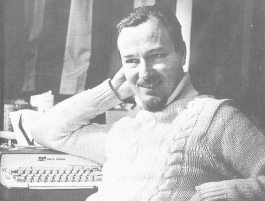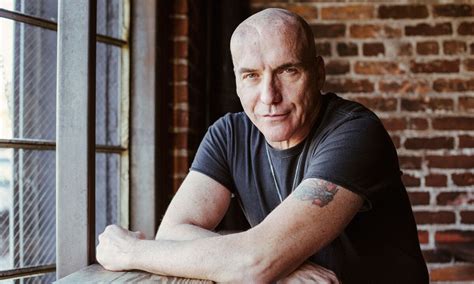A Quote by Margaret Mead
Those social behaviors which automatically preclude the building of a democratic world must go - every social limitation of human beings in terms of heredity, whether it be of race, or sex, or class. Every social institution which teaches human beings to cringe to those above and step on those below must be replaced by institutions which teach people to look each other straight in the face.
Quote Topics
Related Quotes
I confess that I am not charmed with the ideal of life held out by those who think that the normal state of human beings is that of struggling to get on; that the trampling, crushing, elbowing, and treading on each other's heels, which form the existing type of social life, are the most desirable lot of human beings
Extremism. It is an almost infallible sign — a kind of death-rattle — when a human institution is forced by its members into stressing those and only those factors which are identificatory, at the expense of others which it necessarily shares with competing institutions because human beings belong to all of them.
Every attempt, by whatever authority, to fix a maximum of productive labor by a given worker in a given time is an unjust restriction upon his freedom and a limitation of his right to make the most of himself in order that he may rise in the scale of the social and economic order in which he lives. The notion that all human beings born into this world enter at birth into a definite social and economic classification, in which classification they must remain permanently through life, is wholly false and fatal to a progressive civilization.
A society which makes provision for participation in its good of all its members on equal terms and which secures flexible readjustment of its institutions through interaction of the different forms of associated life is in so far democratic. Such a society must have a type of education which gives individuals a personal interest in social relationships and control, and the habits of mind which secure social changes without introducing disorder.
We are one human race, and there must be understanding among all men. For those who look at the problems of today, my big hope is that they understand. That they understand that the population is quite big enough, that they must be informed that they must have economic development, that they must have social development, and must be integrated into all parts of the world.
Here's an easy one: "Race is an entirely social construct." No, it's partially one, depending on how any given society seeks to define it and its implications. But there are basic things such as skin color and hair texture. Even a Martian who'd had no exposure to human "social constructs" would be able to spot those differences. But no Martian, as hard as he tried, could point at a "culture" or to "equality." Those are the social constructs. Those can't be measured in the same way as human DNA.
Social progress means a checking of the cosmic process at every step and the substitution for it of another, which may be called the ethical process; the end of which is not the survival of those who may happen to be the fittest, in respect of the whole of the conditions which obtain, but of those who are ethically the best.
To enlarge the sphere of social happiness is worthy of the benevolent design of a Masonic institution; and it is most fervently to be wished, that the conduct of every member of the fraternity, as well as those publications, that discover the principles which actuate them, may tend to convince mankind that the grand object of Masonry is to promote the happiness of the human race.
The people who are abroad are all those that have no religion, neither one based on speculation nor one received by tradition. Such are the extreme Turks that wander about in the north, the Kushites who live in the south, and those in our country who are like these. I consider these as irrational beings, and not as human beings; they are below mankind, but above monkeys, since they have the form and shape of man, and a mental faculty above that of the monkey.
I like playing the social convention. If you're in a period drama, there's always something dancing underneath the surface as a human - but then you always have to conform to the social conventions around you, and those two things get to be juxtaposed against each other. You're being human, but you're trapped within the social convention of the time.
History leaves no doubt that among of the most regrettable crimes committed by human beings have been committed by those human beings who thought of themselves as civilized. What, we must ask, does our civilization possess that is worth defending? One thing worth defending, I suggest, is the imperative to imagine the lives of beings who are not ourselves and are not like ourselves: animals, plants, gods, spirits, people of other countries, other races, people of the other sex, places and enemies.
We die to each other daily. What we know of other people is only our memory of the moments during which we knew them. And they have changed since then. To pretend that they and we are the same is a useful and convenient social convention which must sometimes be broken. We must also remember that at every meeting we are meeting a stranger.




































